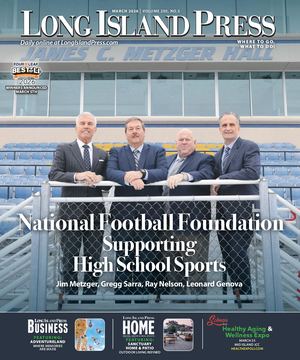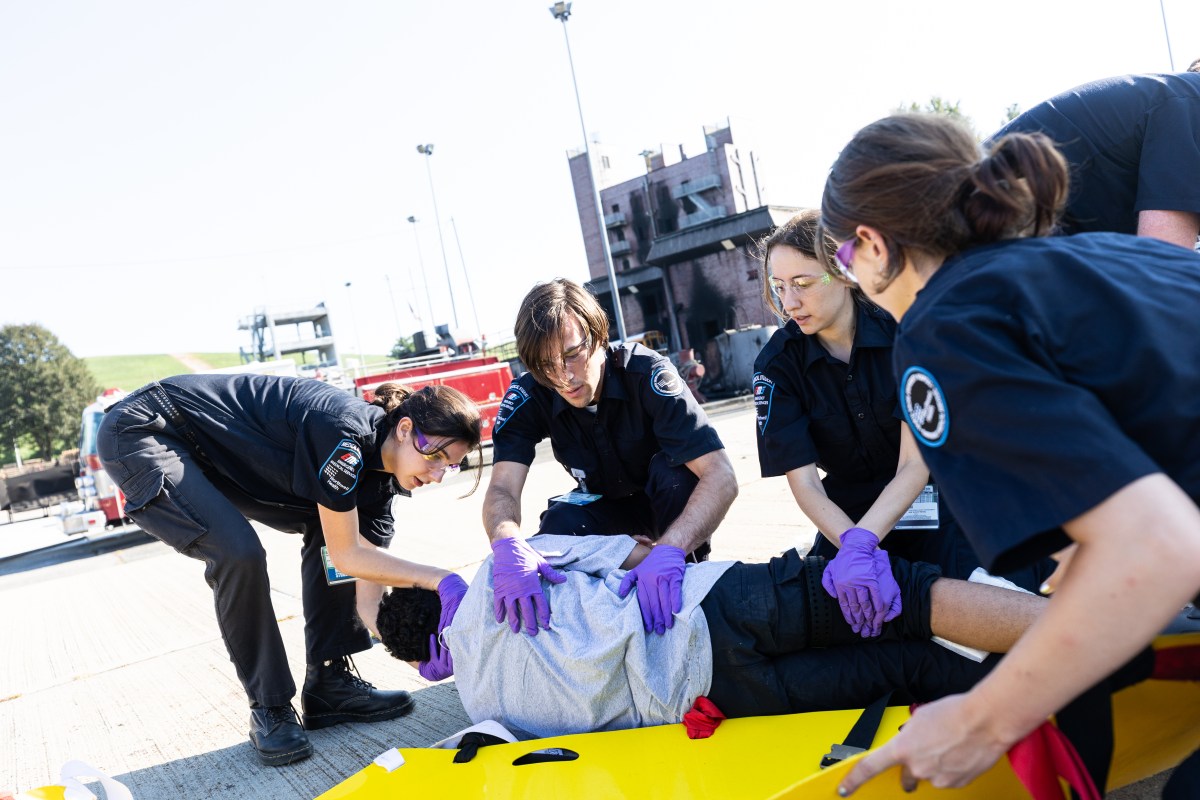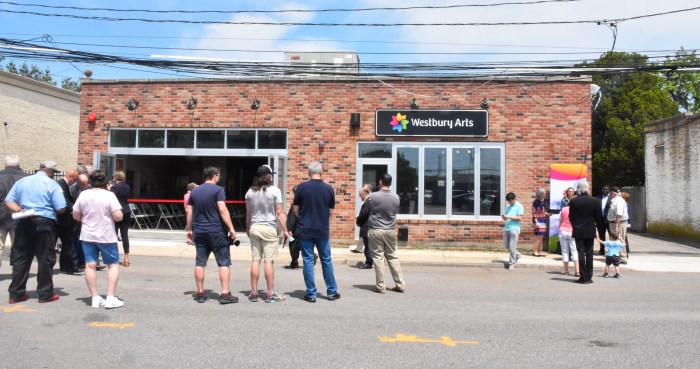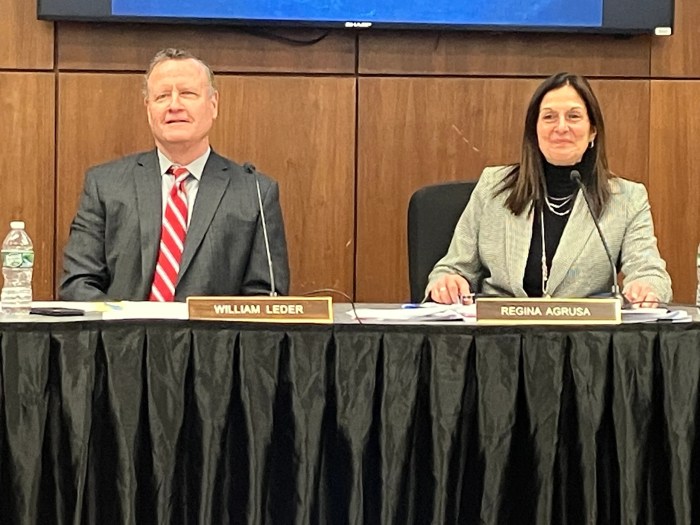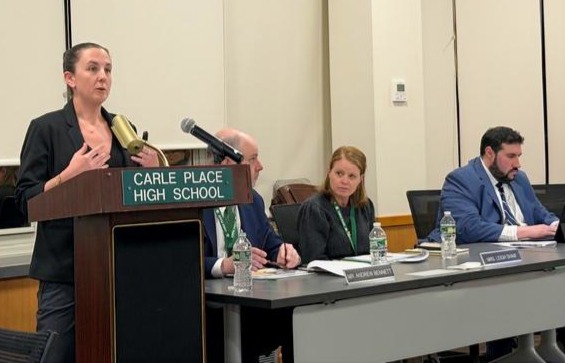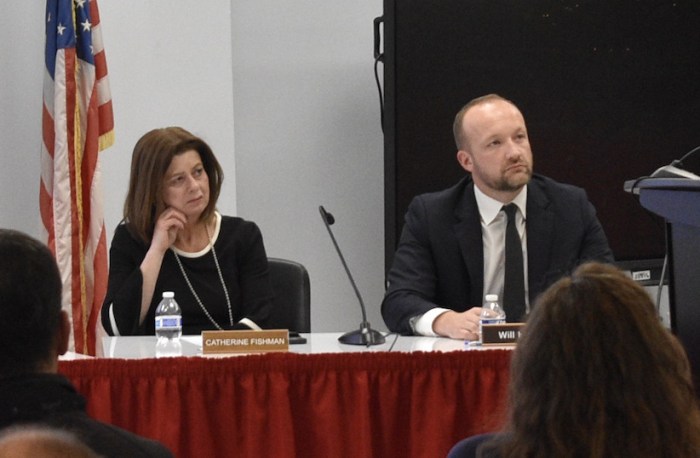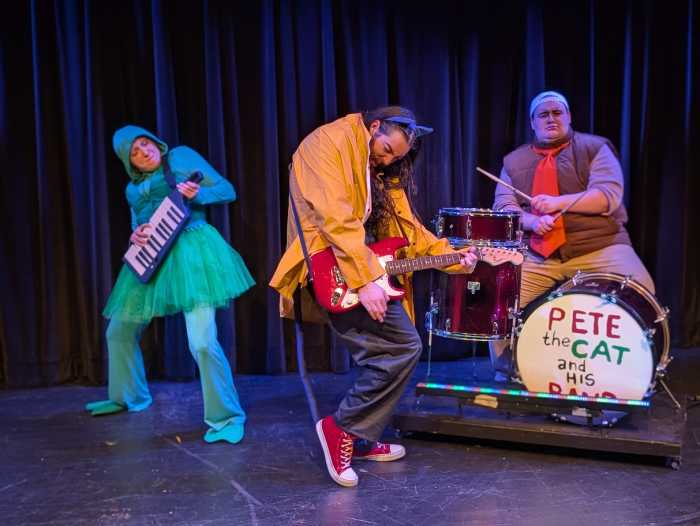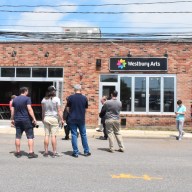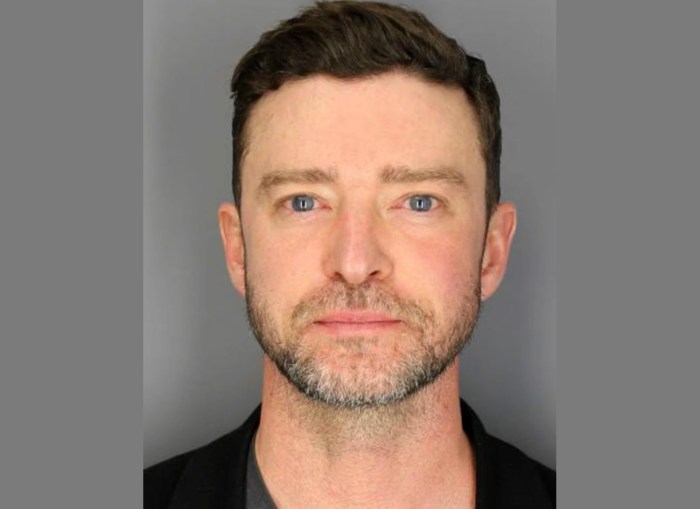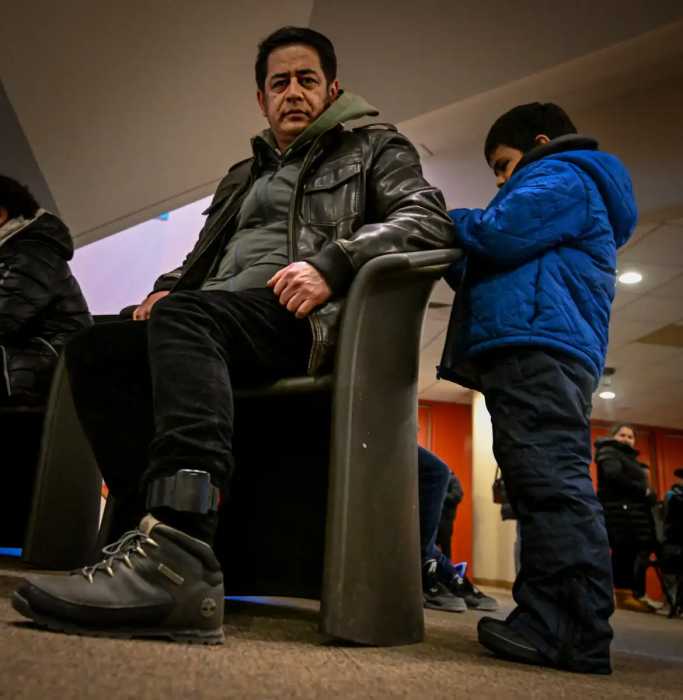Inside, people were moaning, yelling for help and some were not moving.
The challenges were many for the first-year medical students on Sept. 19 from the Donald and Barbara Zucker School of Medicine at Hofstra/Northwell, who were tasked with putting their emergency medical technician training to use during an active shooter situation, one of five simulated disaster scenarios at Mass Casualty Incident Day held annually at the Nassau County Fire Service Academy in Bethpage.
Although the scenarios were simulated, and the “victims” were actors, the students, who had completed eight weeks of training as EMTs and rotations on Northwell Health ambulances, were now tasked with an urgency to apply the science they had learned to patient care in chaotic, unfamiliar environments.
The simulated disaster scenarios encountered on Mass Casualty Incident Day, which also included tending to victims of a terrorist bomb explosion on a bus, a Long Island Rail Road derailment, a car accident and a hazmat spill, served as the culmination of the medical students’ training. All the situations were authentic, with smoke filling the air, jarring loud explosions and a level of intensity professional EMTs, police and firefighters experience.
The Zucker School of Medicine is the first school in the country to incorporate EMT training into its rigorous curriculum and has become a model for other schools nationwide. Its partnership with Northwell and the Nassau County Fire Service Academy is valuable, providing hands-on experiences for the medical students.
“We included an EMT program because at our school we learn clinical medicine as well as the science, which we blend simultaneously, and we’re really the only medical school that does it to that extent,” said Dr. David Battinelli, Deborah and Lawrence Smith Dean, Zucker School of Medicine, Physician-In-Chief, Northwell Health. “Our EMT training forces home the fact that our students are going to be active learners, participating on teams as they learn the science and how to apply it to patients.”
Students learned to treat, triage and transport multiple patients effectively on Mass Casualty Incident Day, which will be beneficial in their residency and rotations in emergency departments.
“You’re definitely not getting out into the environment in normal classes and dealing with situations like we needed to handle at [Mass Casualty Incident] Day,” said John Brady, a student at Zucker School of Medicine. “When I walked over here, I thought, ‘Oh yeah, I can handle a bunch of people getting off a derailed train for treatment.’ But then when I was actually doing it, looking for patients, triaging them and getting them out of the train, I realized there was so much going on and so many different moving parts. Experiencing [Mass Casualty Incident] Day has put things into perspective for me.”
Kayleen Argueta found working with patients in distress affected her in each of the scenarios more than she had imagined. She said she found herself consoling the victims.
“I think in medicine, clinical skills and people skills go hand-in-hand,” said Argueta. “You need patients to trust you, so they’ll listen to the commands you are giving them, which they need to follow to get the needed treatment. Working with patients during the scenarios made me realize how true this is.”
When speaking to the medical students at the end of the day, Paul Wilders, the chief instructor at the Nassau County Fire Service Academy, praised them for their efforts and encouraged them to apply what they learned to their profession.
“We made you work in teams that you might not have worked with before, under conditions that were foreign to you,” Wilders said. “After experiencing what you did today, helping the victims of the mass casualty incidents, you understand better the psychological trauma people experience. How scared they are and how uncooperative that can make them. After today, you are all going to have the ability to handle a crisis differently, more effectively.”
To learn more about Zucker School of Medicine’s EMT curriculum, visit https://medicine.hofstra.edu/education/md/fow/md-emt.html
